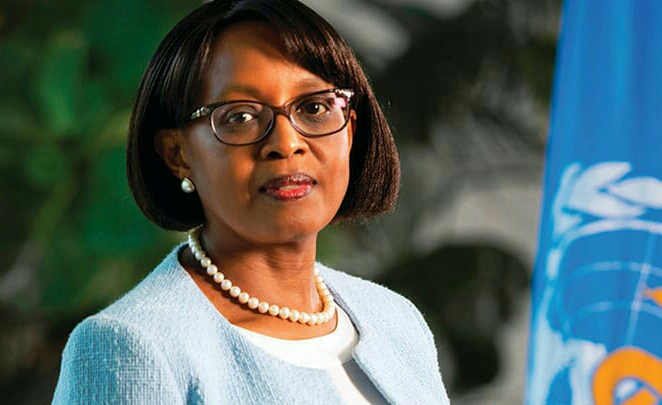Dr Matshidiso Moeti, WHO Regional Director for Africa, has disclosed that blood stocks in the African Region have declined over the last year as travel restrictions and worries of infection have prevented individuals from attending donation centers.
In addition, over seven million people in African countries use this life-saving medicine each year.
She said, the average blood donation rate has decreased by 17%, and the frequency of blood drives has decreased by 25%. Blood demand fell by 13% as a result of the suspension of normal procedures in some nations and a reduction in the number of persons seeking medical help.
Blood donors in numerous nations have made unusual efforts to continue donating blood even throughout the pandemic, according to Moeti.
In eight African countries, awareness efforts backed by the partnership of donor groups, civil society organizations, and armed and security services have resulted in high levels of voluntary donor recruitment.
Because fewer people donated blood during the COVID-19 epidemic, the Regional Director revealed this in her statement commemorating the 2021 World Blood Donor Day with the theme: “Give blood and keep the world beating.”
According to her ; As WHO we are working with a range of stakeholders to improve access to quality blood supplies. We have partnered with the Coalition of Blood for Africa (CoBA), launched in November 2020, to drive this agenda, including engaging the Organization of African First Ladies for Development (OAFLAD) and the private sector. The BloodSafe Program funded by the United States of America National Institutes of Health supports research to enhance availability of safe blood in African countries. Through this partnership, research projects in Ghana, Kenya and Malawi are underway in collaboration with universities in the United States.
“On 14 June, WHO celebrates World Blood Donor Day to raise awareness of the need for safe blood and blood products, like plasma. This day is also an opportunity to thank and appreciate voluntary, unpaid blood donors for this life-saving gift.
“Safe blood and its transfusion are key aspects in providing quality care to save mothers haemorrhaging during childbirth and people with serious injuries. Blood is needed for surgical procedures, as well as to treat severe anaemia, inherited blood disorders, and other conditions. Blood can only be stored for a limited time and so a steady supply of donations is important to make sure adequate blood products are always available”,she added.
Moeti further stated that; As part of the COVID-19 response, 10 African countries are investigating the use of COVID-19 convalescent plasma (CCP) therapy. Among them, Ethiopia, Guinea and Mauritius have collected CCP for compassionate use and randomized control trials are ongoing in South Africa and Uganda.
She said the UN agency in partnership with Facebook, have set-up a Regional Blood Donations feature, which connects people with nearby blood banks. The tool is now live in 12 countries and over 3.8 million Facebook users have signed-up to be notified of blood donation opportunities.
We are encouraging more young people to donate blood to save lives and to inspire their peers and families to do so too. In some countries, in line with national guidance, people aged 16 and 17 can donate blood with their parent’s or guardian’s consent, and in all countries anyone over 18 can save someone’s life by donating blood.
She urged governments, in collaboration with blood donor associations and nongovernmental organizations, to put in place the systems and infrastructure needed to increase the collection of blood from voluntary donors.
“To all those who have donated blood, I thank you, and I encourage everyone to give this life-saving gift”,she said.

